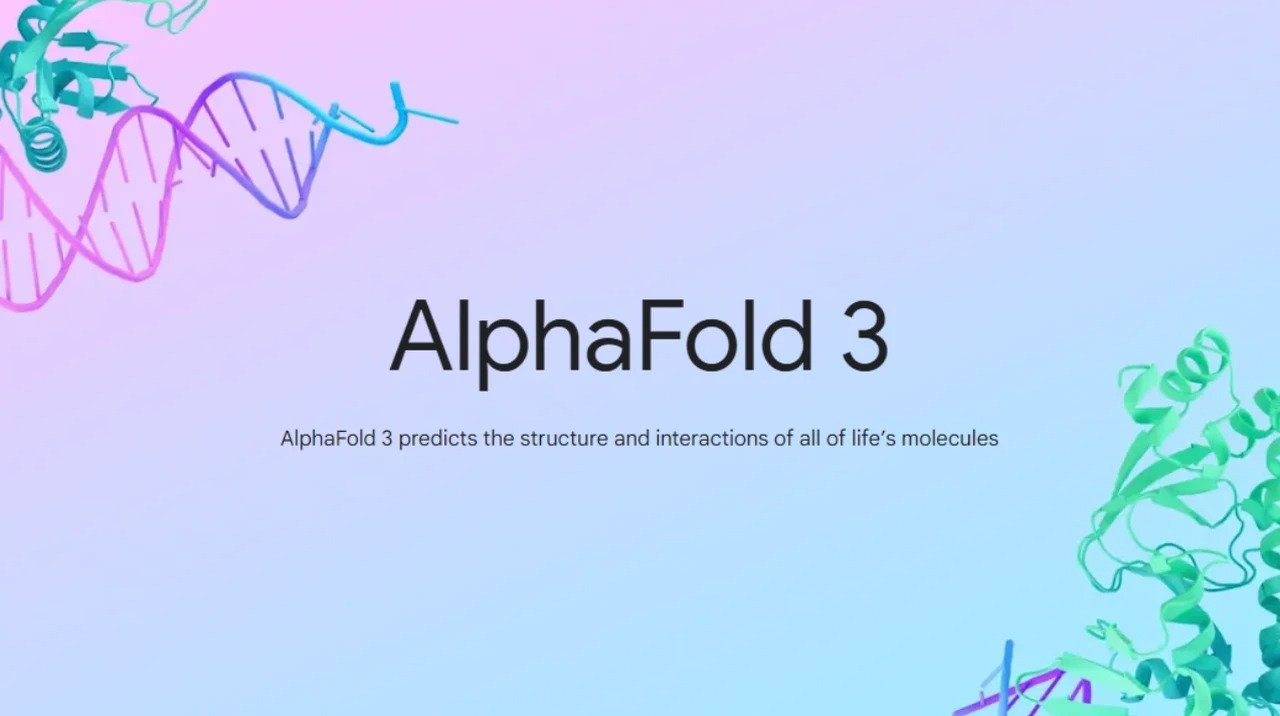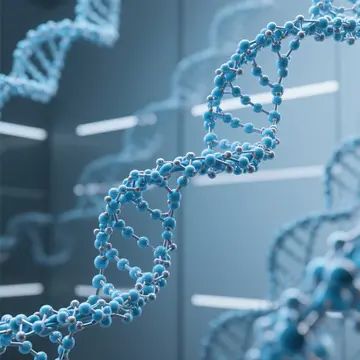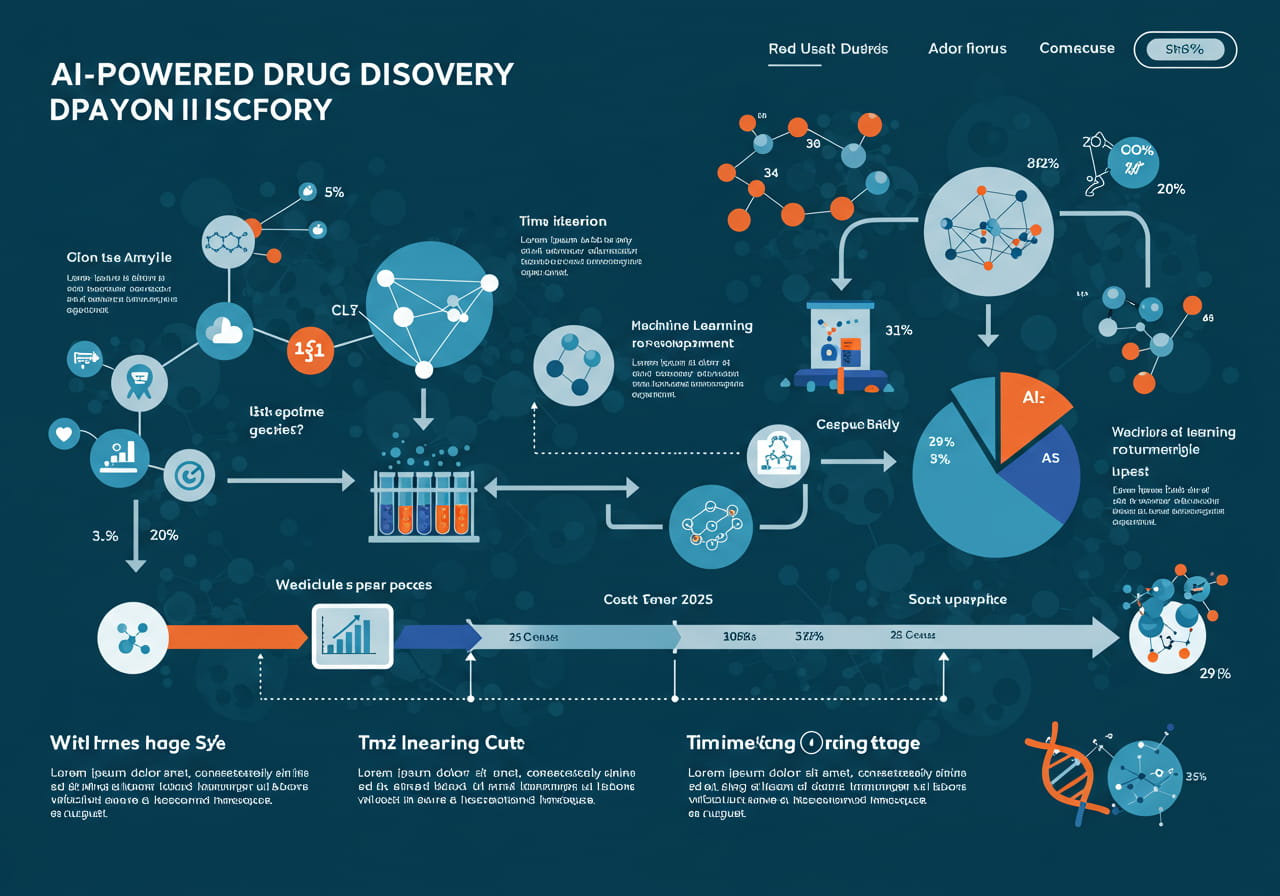Google DeepMind's AlphaFold 3 represents a significant advancement in protein folding dynamics, offering unprecedented accuracy in predicting the structure and interactions of biological molecules. This breakthrough in AI-powered molecular biology accelerates drug discovery and deepens our understanding of complex biological processes.

Introduction to AlphaFold and Protein Folding Dynamics
Protein folding dynamics refer to the process by which a protein structure assumes its functional shape or conformation. Understanding this process is crucial, as misfolded proteins can lead to diseases such as Alzheimer's and Parkinson's. Traditional methods of determining protein structures, like X-ray crystallography and NMR spectroscopy, are time-consuming and expensive. Enter AlphaFold, an AI system developed by Google DeepMind, which has revolutionized this field by predicting protein structures with remarkable accuracy.
AlphaFold's Evolution: From AlphaFold to AlphaFold 3
The journey began with the original AlphaFold, which made headlines by winning the 13th Critical Assessment of Techniques for Protein Structure Prediction (CASP) in 2018. It was further refined into AlphaFold 2, which, in 2020, demonstrated unprecedented accuracy in predicting protein structures, effectively solving a 50-year-old challenge in biology. The latest iteration, AlphaFold 3, released in May 2024, extends these capabilities beyond proteins to include other biological molecules such as DNA, RNA, and small molecules, marking a significant leap in the field of AI-powered molecular biology.
Technical Advancements in AlphaFold 3
AlphaFold 3 introduces several technical enhancements:
Expanded Molecular Coverage: Beyond proteins, it now predicts structures of DNA, RNA, and small molecules.
Improved Accuracy: Demonstrates at least a 50% improvement in predicting interactions between proteins and other molecules compared to previous methods.
Enhanced Interaction Predictions: Accurately models complexes involving proteins, nucleic acids, and small molecules, facilitating better understanding of biological processes.
Impact on Drug Discovery and Biomedical Research
The implications of AlphaFold 3 are profound in the realm of drug discovery and biomedical research. By accurately predicting the structures of proteins and their interactions with other molecules, researchers can:
Accelerate Drug Development: Identify potential drug targets and design effective therapeutics more efficiently.
Understand Disease Mechanisms: Gain insights into how misfolded proteins contribute to diseases, leading to better diagnostic and treatment strategies.
Personalize Medicine: Develop tailored treatments based on individual protein structures and interactions.
Recognition and Awards
In recognition of their groundbreaking work, Demis Hassabis and John Jumper of DeepMind, along with David Baker from the University of Washington, were awarded the 2024 Nobel Prize in Chemistry. Their contributions have not only advanced our understanding of protein folding dynamics but have also paved the way for future innovations in AI-powered molecular biology.
Community and Scientific Reception
The scientific community has lauded AlphaFold 3's capabilities. According to a publication in Nature, the model "demonstrates substantially improved accuracy over many previous specialized tools," particularly in predicting protein–ligand and protein–nucleic acid interactions. However, some experts caution that while AlphaFold 3 is a significant advancement, it does not entirely replace experimental methods but rather complements them, emphasizing the need for continued empirical validation.
Future Directions and Ethical Considerations
As AlphaFold continues to evolve, several considerations emerge:
Open Access and Collaboration: Ensuring that the scientific community has access to AlphaFold's tools and data to foster collaborative research.
Ethical Use of AI: Addressing concerns about the potential misuse of AI in sensitive areas, including biosecurity and dual-use research.
Integration with Other Technologies: Combining AlphaFold's predictions with other computational and experimental methods to enhance the accuracy and applicability of research findings.
Key Takeaways
?? AlphaFold 3 extends protein structure prediction to include DNA, RNA, and small molecules.
?? Demonstrates at least a 50% improvement in predicting molecular interactions compared to previous methods.
?? Developers awarded the 2024 Nobel Prize in Chemistry for their contributions to AI-powered molecular biology.
?? Accelerates drug discovery and enhances understanding of complex biological processes.
?? Emphasizes the importance of ethical considerations and open collaboration in AI research.




